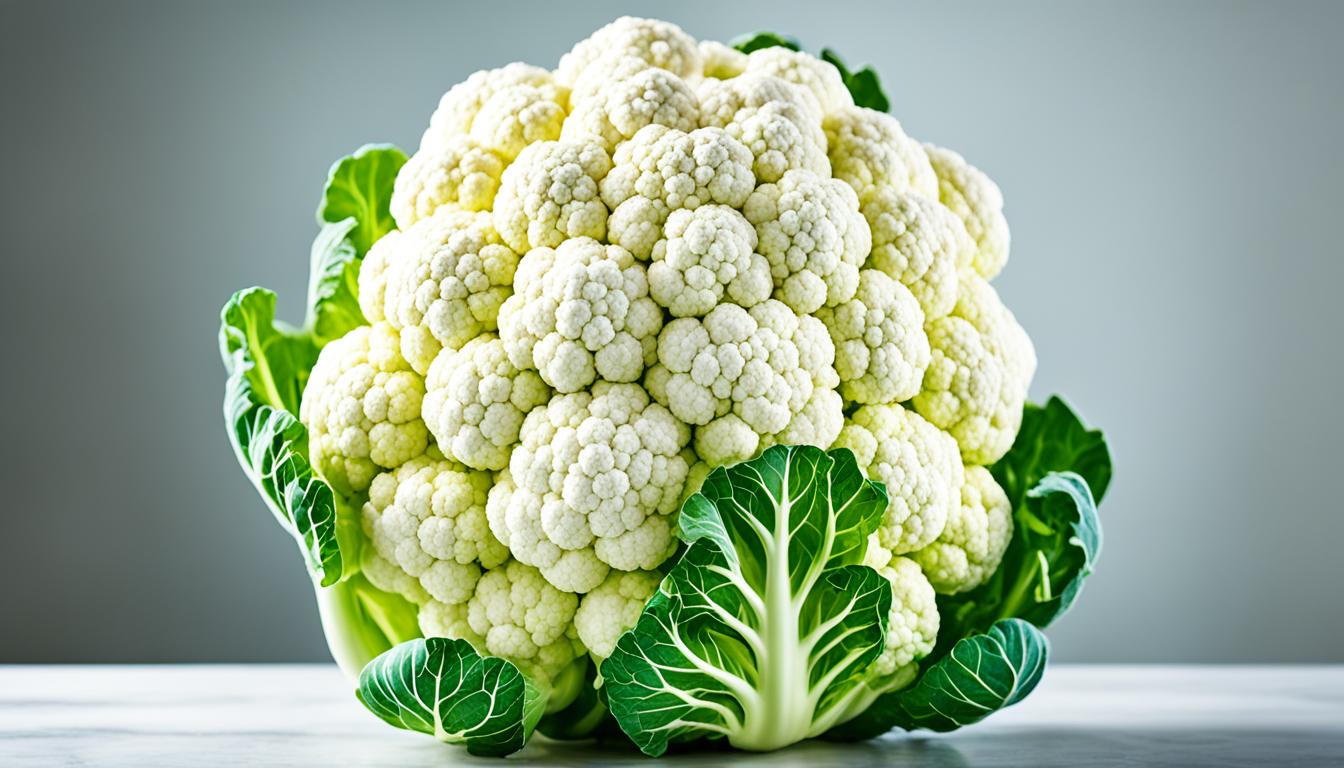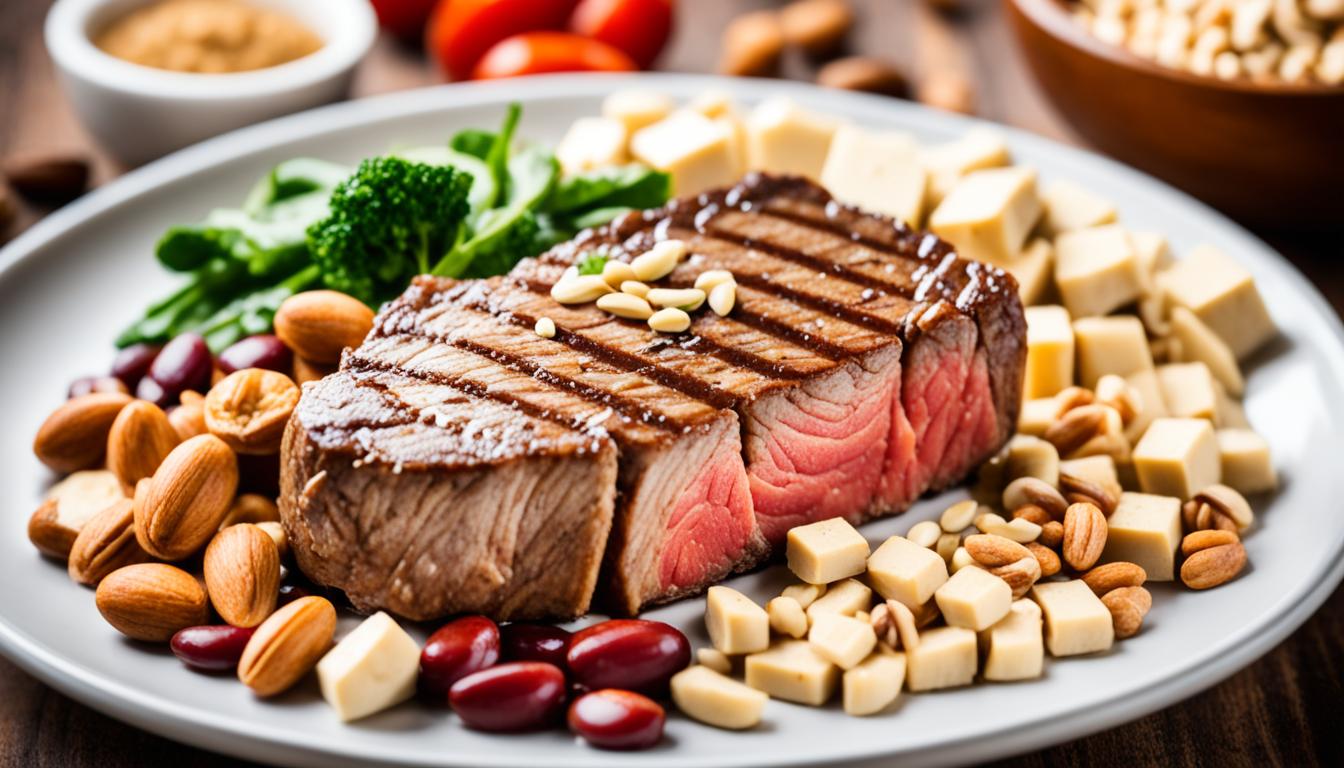Have you ever wondered how much protein you should be eating to achieve your fitness goals? Whether your aim is to gain muscle, build strength, or simply maintain a healthy lifestyle, understanding the right amount of protein to consume is key. As a fitness enthusiast myself, I’ve spent countless hours researching and experimenting with different protein intake levels, and I know just how important it is to find that sweet spot.
Protein is the building block of muscle, playing a crucial role in growth, repair, and maintenance. But how much protein is enough? The answer to that question varies depending on factors such as your age, sex, activity level, and specific fitness needs. Finding the optimal protein intake for your goals can make all the difference in achieving the results you desire.
In this comprehensive guide, we’ll dive deep into the world of protein and uncover the secrets to determining the right amount for you. From muscle gain and strength training to weight management and overall well-being, we’ll explore the multitude of benefits that come with consuming the proper protein intake.
Key Takeaways:
- Determining the optimal protein intake depends on factors such as age, sex, activity level, and fitness goals
- Protein is crucial for muscle gain, repair, and overall well-being
- Adjusting protein intake during different life stages such as pregnancy and aging is important
- There are various sources of protein, including plant-based and animal-based options
- Finding the right balance of protein intake with overall nutrition is key for a well-rounded diet
Understanding Protein Requirements and Health Benefits
In this section, we will explore the fundamentals of protein and its essential role in the body. Protein is a macronutrient that is crucial for growth, repair, and maintenance of tissues. It is made up of amino acids, which are the building blocks of proteins. Protein requirements vary depending on factors such as age, sex, activity level, and specific needs.
What is Protein and Its Role in the Body?
Protein is a vital nutrient that plays multiple roles in the body. It is involved in the formation of enzymes, hormones, and antibodies, which are essential for various functions such as digestion, metabolism, and immune system support. Protein also plays a vital role in the growth and repair of tissues, making it crucial for overall health and well-being.
The Impact of Protein on Muscle Gain and Strength Training
Protein is well-known for its role in muscle gain and strength training. When combined with resistance exercise, adequate protein intake supports muscle protein synthesis, helping to increase muscle mass and strength. Athletes and individuals engaging in regular strength training often have higher protein requirements to support muscle repair and growth.
Protein’s Role in Weight Management and Satiety
Protein can also be beneficial for weight management. It has a higher thermic effect compared to carbohydrates or fats, meaning the body uses more energy to digest and metabolize protein. This can potentially increase calorie expenditure and support weight loss. Additionally, protein has been shown to increase satiety, helping to reduce cravings and control appetite.
Adjusting Protein Intake During Pregnancy and Aging
Protein needs may vary during different stages of life. During pregnancy, protein requirements increase to support fetal growth and development. Adequate protein intake is vital for the formation of new cells and tissues in the developing baby. Similarly, older adults may require higher protein intake to counteract muscle loss associated with aging and support overall health.
Plant-Based vs Animal-Based Proteins and Complete Amino Acids
Protein can be obtained from both plant-based and animal-based sources. Animal-based proteins, such as meat, poultry, dairy, and eggs, are considered complete proteins as they provide all essential amino acids that the body needs. Plant-based proteins, such as legumes, nuts, seeds, and grains, can be combined to create complete proteins, ensuring the intake of all essential amino acids. Plant-based protein sources also offer additional health benefits, such as being lower in saturated fat and cholesterol.
| Protein Sources | Animal-Based | Plant-Based |
|---|---|---|
| Red meat | ✓ | |
| Poultry | ✓ | |
| Fish | ✓ | |
| Dairy | ✓ | |
| Eggs | ✓ | |
| Legumes | ✓ | |
| Nuts | ✓ | |
| Seeds | ✓ | |
| Grains | ✓ |
How Much Protein Should I Eat for My Lifestyle?
When it comes to protein intake, the amount you should consume depends on your lifestyle and specific needs. Each individual has unique protein requirements based on factors such as activity level, weight goals, and overall health. Whether you’re an active individual, a sedentary individual, looking to lose weight, focused on muscle building, an athlete, or engaged in endurance training, it’s important to understand how protein can support and optimize your lifestyle.
For active individuals, protein is essential for repairing and rebuilding muscles, promoting recovery, and supporting overall performance. Increasing your protein intake can help meet the increased demands of physical activity and aid in muscle repair and growth. Aim to consume around 1.2-2 grams of protein per kilogram of body weight per day, depending on the intensity and duration of your workouts.
On the other hand, sedentary individuals can benefit from consuming protein to maintain muscle mass and support overall health. Although the protein requirements for sedentary individuals are generally lower compared to active individuals, it’s still important to include high-quality protein sources in your diet to prevent muscle loss and promote satiety. Aim for approximately 0.8 grams of protein per kilogram of body weight per day.
If your goal is weight loss, increasing protein intake can be beneficial. Protein helps preserve lean muscle mass while promoting fat loss and maintaining a feeling of fullness. Including protein-rich foods in your meals and snacks can support your weight loss efforts. Aim for around 1.2-1.6 grams of protein per kilogram of body weight per day when trying to lose weight.
For individuals focused on muscle building, consuming adequate protein is crucial. Protein provides the building blocks necessary for muscle repair and growth. Aim for approximately 1.6-2.2 grams of protein per kilogram of body weight per day to optimize muscle building and recovery.
Athletes and those engaging in endurance training require increased protein intake to support performance, muscle repair, and recovery. Aim for around 1.2-2 grams of protein per kilogram of body weight per day, depending on the intensity and duration of your training sessions.
It’s important to note that these are general protein recommendations and individual needs may vary. Consulting with a registered dietitian or nutritionist can provide personalized guidance based on your specific lifestyle and goals, ensuring you meet your protein needs while maintaining overall health and well-being.

Conclusion
Balancing Protein Intake with Overall Nutrition
As we’ve discussed throughout this guide, protein is a vital component of a healthy diet and plays a crucial role in various aspects of our well-being. However, it’s important to remember that protein is just one piece of the nutrition puzzle. Balancing your protein intake with overall nutrition is essential for maintaining a well-rounded diet and optimizing your overall health.
When considering protein intake, it’s important to also pay attention to other macronutrients like carbohydrates and fats, as well as vitamins, minerals, and fiber. A diverse and balanced diet that includes a variety of fruits, vegetables, whole grains, and lean sources of protein can provide you with the essential nutrients your body needs to function properly.
When to Seek Professional Nutrition Advice
While this guide provides general recommendations, it’s important to remember that individual nutritional needs can vary. If you have specific health concerns, dietary restrictions, or are unsure about your protein requirements, it is always a good idea to seek professional nutrition advice.
Registered dietitians and nutritionists can help assess your unique needs, provide personalized recommendations, and address any dietary concerns or health conditions you may have. They have the knowledge and expertise to guide you in finding the optimal balance of protein intake and overall nutrition that suits your specific requirements.
Remember, achieving a well-balanced diet that meets your individual needs is a journey. By understanding the role of protein in your body, considering your lifestyle and goals, and seeking professional advice when needed, you can make informed choices that support your overall well-being and help you reach your health and fitness goals.
FAQ
How much protein should I eat per day?
How much protein should I eat to gain muscle?
How much protein should I eat to build muscle?
How much protein should I take to gain muscle?
How much protein should I consume to build muscle?
How much protein should I be eating to build muscle?
How much protein should I consume to gain muscle?
How much protein is required in a day for muscle gain?
How much protein should I eat to build muscle?
How much protein should I be consuming to build muscle?
How much protein should I consume for muscle gain?
How much protein should I eat for building muscle?
How much protein should I eat to build muscle mass?
How much protein should I eat to gain muscle mass?
How much protein to build muscles?
Source Links
- https://examine.com/guides/protein-intake/
- https://www.mayoclinichealthsystem.org/hometown-health/speaking-of-health/are-you-getting-too-much-protein
- https://www.healthline.com/nutrition/how-much-protein-per-day



